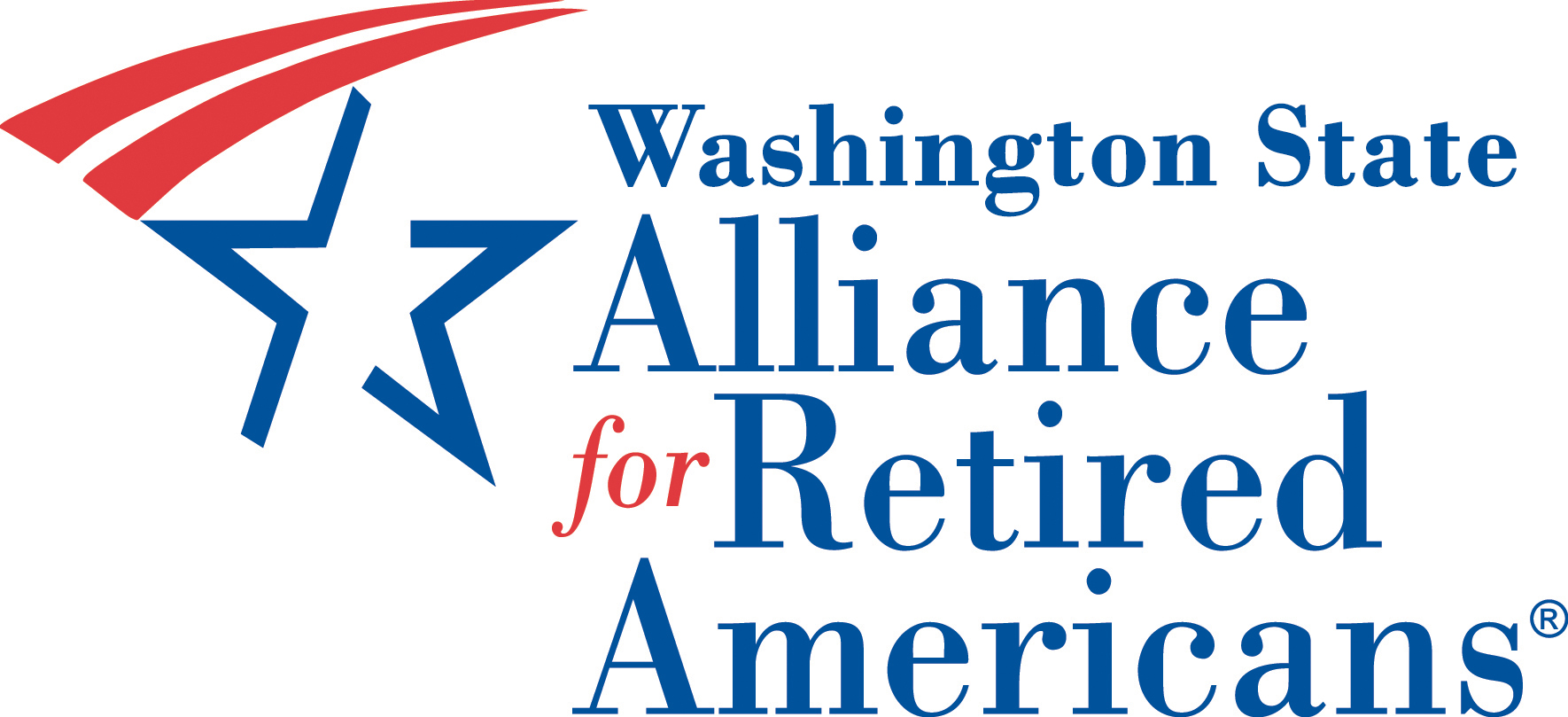Blog
July 10, 2019
Celebrate the Older Americans Act on July 14th

Most Americans are familiar with the two main pieces of legislation that have been the cornerstone of retirement security for more than half a century -Medicare and Social Security. But the Older Americans Act (OAA) that was signed into law by President Lynden Johnson on July 14, 1965 is much less known. At the time, it was considered one of the most important contributions of aging legislation enacted by Congress.
The OAA established the Administration on Aging within the Department of Health, Education, and Welfare, and called for the creation of State Units on Aging. This was before Medicare, Title XVIII – a health insurance program for the elderly, was established as part of the Social Security Act on July 30th of that same year.
Later amendments to the act created a national nutrition program for the elderly, established Area Agencies on Aging (AAA) and grants to local community agencies for multi-purpose senior centers. Later, transportation, home care, legal services, and home renovation/repair were mandated as priority services. The law is periodically updated to keep pace with the ever-changing needs and priorities of older adults in our country.
Its last reauthorization was signed by President Obama in 2016 and added a focus on efforts to detect elder abuse and raise public awareness about it, as well as addressed improvements to transportation for older people and people with disabilities.
The Older Americans Act currently funds critical services that keep older adults healthy and independent—services like home-delivered meals, job training, senior centers, caregiver support, transportation to medical appointments, health promotion, benefits enrollment, and more.
We now face the problem of getting our divided Congress to pass the new funding for its periodic update, before the current authority runs out on September 30th. Unfortunately, funding for the Act has not kept up with either inflation or the ballooning 60-plus population. More resources than ever before are needed to fund these critical services.
The Alliance for Retired Americans is a member of the Leadership Council of Aging Organizations LCOA), a large coalition of the nation’s non-profit organizations serving older Americans. ARA Executive Director Rich Fiesta is the current rotating Chair of the LCOA. In April, the LCOA sent a letter to the Senate Appropriations Committee urging them to make meaningful progress toward reversing the stagnation and erosion of funding.
In fact, stagnant or declining federal funding since 2010 has eroded the current capacity of the network to address the needs of older adults. It would require a 23 percent funding increase for OAA programs to simply restore the service capacity that has been lost since Fiscal Year 2010!
Last month the Senate Health, Education and Labor Committee released a discussion draft to reauthorize the Older Americans Act. The draft bill did not include authorization amounts which will be included in the final version of the bill.
The Alliance for Retired Americans strongly encourages lawmakers to reinvest in vital home and community-based services for older Americans and caregivers, and urges Congress to provide a 12 percent increase for all Older Americans Act programs in FY 2020 to make an important step toward restoring the service capacity of the network. We also encourage lawmakers to index authorization increases to reflect corresponding increases in the aging population and inflation.
For more than fifty years, OAA programs have demonstrated a unique ability to provide these quality services while enhancing and protecting federal resources. Together, these services save taxpayer dollars by enabling seniors to remain independent and healthy in their own homes, where they prefer to be and where they are less likely to need more costly hospital and institutional care paid for through Medicare and Medicaid.
Everyone needs to celebrate the success of the Older Americans Act this Sunday, July 14th! And hopefully we can celebrate again soon when the OAA is reauthorized with adequate funding.
